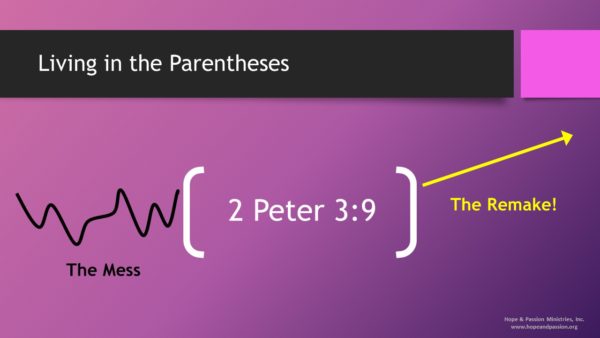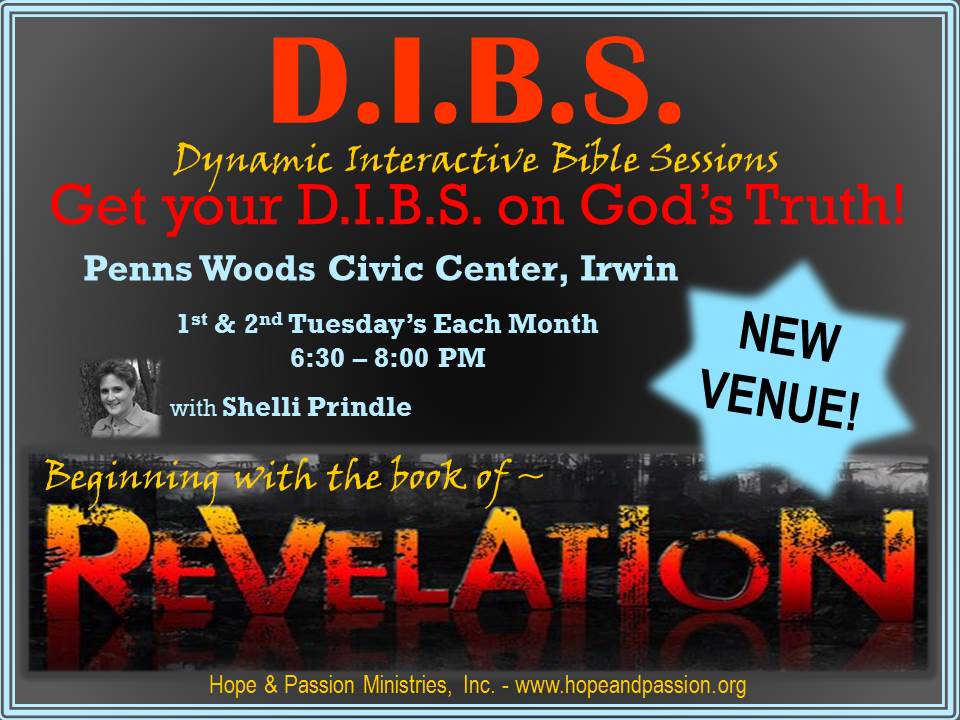
A total solar eclipse takes place on August 21, 2017, and the media is going wild about it. Schools and libraries are providing the special glasses necessary to watch the eclipse, and people are gearing up for this great event in the sky. I cannot turn on the television or look on my computer without hearing about the solar eclipse. To be honest, it’s an exciting phenomenon, and learning about eclipses is a part of exploring this great creation of which God has made us a part (Romans 1:20). However, as dedicated followers of Jesus Christ, we must ask ourselves the question, “What is the eclipse eclipsing?”
Let’s go to a scenario that we find in the Gospel of Matthew. Jesus has been teaching crowds of people and doing multiple types of miracles. After Jesus took time to get away from the crowds, the “religious bigwigs” of the day came to Him to try to trip Him up. (They were always trying to cause Jesus trouble. Imagine! The religious leaders constantly sought to disprove the very one who came to save them from their sin!) In the Pharisees and Sadducees attempt to test Christ, “they asked him to show them a sign from heaven” (Matthew 16:1) Had they not had enough of the miracles He performed on earth? Were they looking for one to occur in the sky? Surely, they knew of Old Testament prophecies of the signs to occur in the heavens before the day of the Lord. “And I will show wonders in the heavens and on the earth, blood and fire and columns of smoke. The sun shall be turned to darkness, and the moon to blood, before the great and awesome day of the LORD comes.” (Joel 2:30-31)
Sadly, the Pharisees and Sadducees were not looking for the real Jesus. They were not searching for a Messiah who could forgive sins by the sacrifice of His life, because they were quite confident in their own goodness. And so, instead of looking for the “sign” of the real Messiah, they were looking for more earthly, heavenly, or fleshly miracles. I hope that you are as shocked as I am at the response of Jesus when they asked for a sign from heaven: “He answered them, ‘When it is evening, you say, “It will be fair weather, for the sky is red.’ And in the morning, “It will be stormy today, for the sky is red and threatening.” You know how to interpret the appearance of the sky, but you cannot interpret the signs of the times. An evil and adulterous generation seeks for a sign, but no sign will be given to it except the sign of Jonah.’ So he left them and departed.” (Matthew 16:2-4)
What a pointed, convicting, profound and yet incredibly simple statement Jesus made! “You know how to interpret the appearance of the sky, but you cannot interpret the signs of the times.” In other words, they knew how to read the skies to predict the weather, but they did not use the same intelligence to read the Scripture and understand that the Savior of the world was standing right in front of them! I think of our society today! We know how to blast the science behind the eclipse on every news channel, and we are quick to instruct our children about this phenomenon in the sky; but are we as quick to proclaim the reality of spiritual truth to the world around us? Are we “on the ball” when it comes to making sure the next generation watches not only the sky for the sky’s events but watches the sky for the return of Jesus?
God in the flesh stood in front of these people who were smart enough to lift their heads up and see that a storm cloud meant rain. Yet their spirits were so dull that they would not reach out and embrace the one of Whom the entire Old Testament was written – the book they prided themselves in knowing.
It is the same today. The Jesus of Whom the entire Bible is written is largely neglected in our everyday living. The only One who can save our eternal souls stands among us in the power of His Holy Spirit and His Word. We are smart enough – we have time enough – to study and promote a total solar eclipse, even while a total spiritual eclipse is taking place.
I could go on and on about what God’s Word says of the second coming of Jesus – of what it says about the times in which we live. God is not silent concerning the end of time. It’s all in the Bible. Sadly, though, we are often more interested in the things God is trying to use to point to Himself than we are of Him.
Yes! Learn about the eclipse. Talk of the science behind it. BUT, more than all of that, declare the Lord who made the moon and the sun and the stars! Declare His plan of salvation and His soon return to the earth! Be obsessed with Jesus Christ. He is the One behind everything in earth and heaven. He is your only hope. He is worth infinitely more intrigue than a million solar eclipses. Don’t let the eclipse eclipse Him and His plan.
“Lift up your eyes on high and see: who created these?” (Isaiah 40:26)
– Shelli S. Prindle




